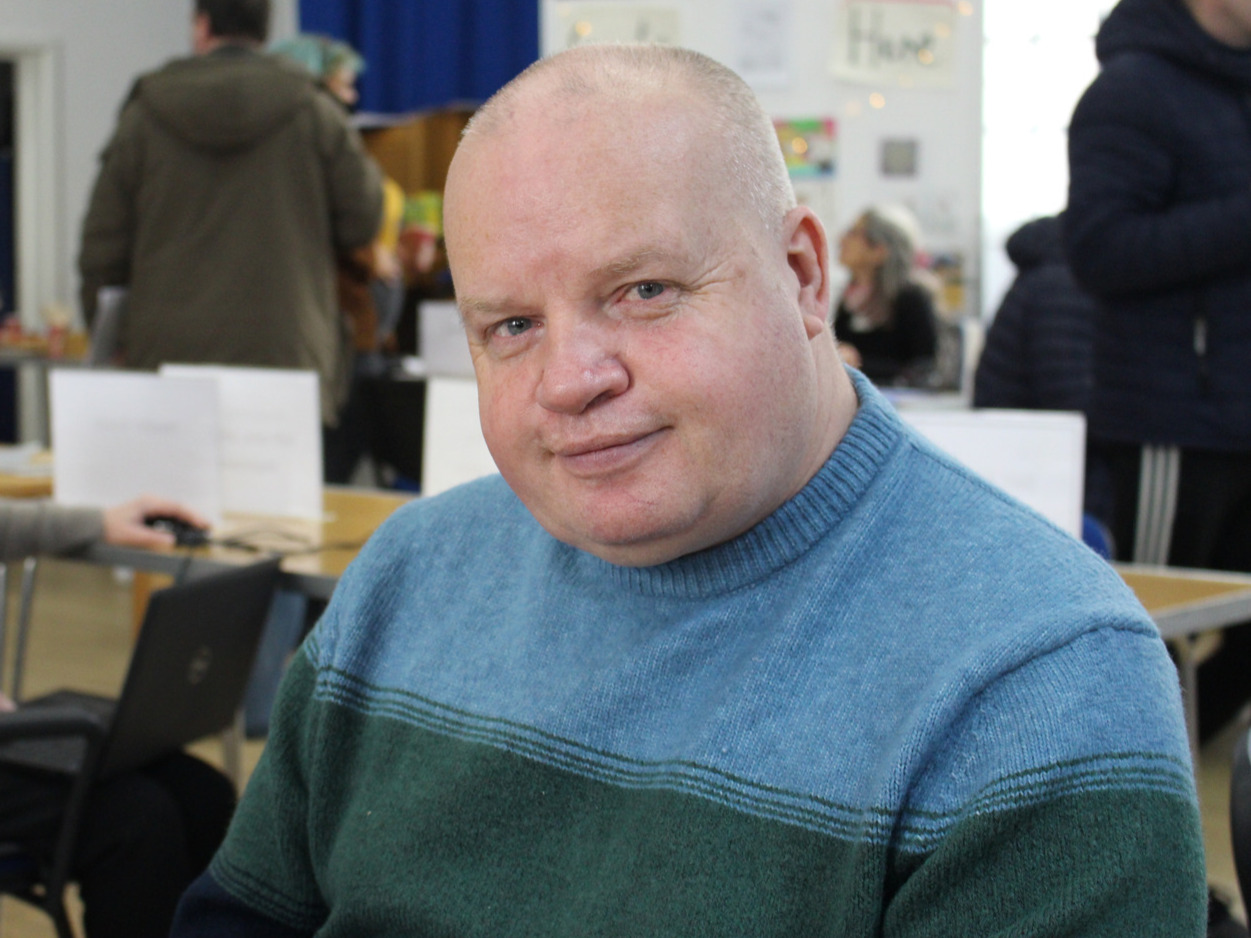“I am 17 years in personal recovery from gambling addiction”
I work for Breakeven which provides free counselling and treatment for anyone affected by problem gambling.
Five years ago, on speculation, I sent out emails to doctors’ surgeries to speak about gambling and I came across the Recovery College.
I went to the Open Day and became a Buddy with a view to running a course in the future. For 18 months I was a Buddy and then the pandemic hit. I reconnected with the college, had a meeting and am facilitating a workshop this Spring term!
It’s a pilot scheme of two face-to-face workshops called ‘Mental Health and Gambling Awareness’. It’s for gamblers with mental health issues and family members affected by gambling.
Gambling affects many people’s mental health because it becomes all-consuming. It takes people away from doing what they normally like to do and becomes something they do against their will.
In this series of workshops we will be looking at what gambling is, the different forms of gambling, and how social gambling can become problematic gambling. We’ll be looking at the signs of problematic gambling and the characteristics associated with it, such as chasing money, associating with friends who gamble, isolation, and neglecting different aspects of one’s life to focus on gambling.
Students will be able to hear the personal story of a facilitator’s lived experience and they will be looking at strategies and ways of coping with the urges to gamble. They’ll learn how gambling affects the mental health of the gambler, their family, and their friends.
I have lived experience and am 17 years in personal recovery from gambling addiction. It’s the biggest cause of suicide of all addictions.
You can’t stop when you’re winning and you can’t stop when you’re losing. The sense of loss is like a magnet, it draws you back in. And the big wins keep needing to be bigger. It can be on your mind for 24 hours.
You fall into gambling, so it feels normal. It can start with curiosity and lead to habit. Then it becomes a sustained isolated habit and then your comfort blanket.
The automatic effect of problematic gambling is struggling with bills, and the ramification of that is anxiety, depression, borrowing from friends, creating a ‘bad’ name for oneself, not paying friends back, relationship breakdowns, low productivity at work, lack of sleep, inability to time-keep and make appointments, and changed eating habits.
If somebody realises they have an addiction, the first step is to have a confidant in their life who they can share their feelings with. It’s difficult because a gambler wants to be a winner and they have to hold themselves up to being a loser and share their vulnerability.
My gambling was a liability and now it’s become an asset. It’s given me a living and the opportunity to explore myself and my life. This work goes beyond a wage packet. When you’ve felt disjointed, useless, disturbed, on the outside and living on the edge, to find you have the knowledge, techniques, and energy to help transform someone’s life is a gift. It’s a gift.
Delivered as a partnership with the Sussex Partnership NHS Foundation Trust, and as part of the UOK Brighton & Hove network of mental health support, the Brighton and Hove Recovery College uses education in a supportive learning environment to help people with mental health challenges become experts in their own self-care and recovery. The College provides a wide range of courses which are co-produced and co-delivered by people with lived experience of mental health challenges and are delivered in community and educational venues across Brighton and Hove.
